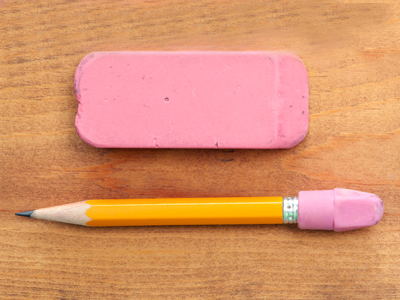
Drawing
This quiz addresses the requirements of the National Curriculum KS3 in Art and Design for children aged 11 to 14 in years 7 to 9. Specifically this quiz is aimed at the section dealing with becoming proficient in drawing, painting, sculpture and other art, craft and design techniques, and it focusses in particular on drawing skills and teqniques.
KS3 children should, by now, be becoming more proficient in their control of media. Their drawing ability, both from observation and imagination, should draw on skills they have attained in previous key stages.
Drawing is one of the major forms of expression within the visual arts. Drawing usually involves the making of marks on a two-dimensional surface. These marks are usually made with pencil or ink, but may be made with a variety of other media, including charcoal, chalks, crayons or pastels.
Ready for more?
not all...
quizzers. Try to win a coveted spot on our Hall of Fame Page.







